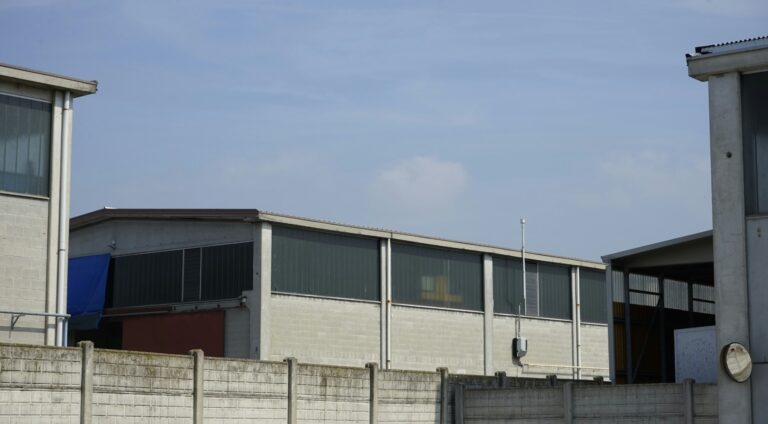Rebuilding Trust: Steps Toward Healing After Clergy Sexual Abuse
Clergy sexual abuse is one of the most devastating violations of trust, leaving survivors to grapple with profound psychological, emotional, and spiritual wounds. Survivors often face not only personal trauma but also feelings of betrayal by those institutions and leaders meant to offer guidance and care. At Crew Janci LLP, we understand the courage it takes for survivors to come forward, and we are dedicated to helping them reclaim their voices, seek justice, and begin the journey of healing.
This blog post provides actionable steps to help survivors rebuild trust and heal after clergy sexual abuse.
Understanding the Breach of Trust
Clergy sexual abuse fundamentally undermines the trust placed in religious leaders. For survivors, this betrayal can have ripple effects on their relationships, their connection to faith, and their sense of self-worth. Communities affected by these abuses often struggle to reconcile the actions of perpetrators with their beliefs, further compounding the damage.
The effects of clergy sexual abuse can include:
- Emotional Impact: Survivors often experience feelings of shame, guilt, anxiety, and depression. These emotions can manifest as difficulty concentrating, disrupted sleep patterns, or physical health challenges.
- Spiritual Crisis: Survivors may question their faith, abandon religious practices, or struggle to find meaning in spiritual beliefs they once held dear.
- Relationship Challenges: Trust issues often arise, affecting survivors’ ability to maintain close relationships with family, friends, and even themselves. This can lead to isolation and feelings of alienation from their community.
Recognizing these challenges is the first step toward healing and reclaiming trust in oneself and others.
Steps Toward Healing
1. Seek Support
You don’t have to face this journey alone. Building a strong support network can make a significant difference.
- Engage Trusted Individuals: Sharing your story with someone you trust can be a powerful first step. This might include family members, close friends, or supportive colleagues who can provide a listening ear and encouragement.
- Choose individuals who have demonstrated empathy and reliability in the past.
- Be clear about what you need from them, whether it’s emotional support, practical assistance, or simply someone to listen without judgment.
- Professional Help: A trauma-informed therapist can provide a safe space to process emotions and begin healing.
- Look for therapists specializing in trauma or abuse, as they have the expertise to address the complexities of clergy sexual abuse.
- Therapy can include techniques like cognitive-behavioral therapy (CBT), eye movement desensitization and reprocessing (EMDR), or group counseling sessions with fellow survivors.
- Survivor Advocacy Groups: Organizations dedicated to supporting survivors can offer a sense of community and shared understanding.
- Consider groups like RAINN, which provide hotlines, resources, and support services.
- Crew Janci’s survivor resources page also includes valuable tools and connections.
2. Pursue Legal Action and Justice
Taking steps to understand and assert your legal rights can be a powerful way to regain control and move forward.
- Consult with an Attorney:
- Speak with legal professionals who specialize in clergy sexual abuse cases. An experienced attorney can guide you through the process of filing a claim and help you understand your rights.
- At Crew Janci LLP, our team is dedicated to supporting survivors and ensuring their voices are heard.
- Accountability Through Legal Action:
- Filing a lawsuit can achieve two critical goals: holding institutions accountable for their failures and securing compensation for survivors.
- Legal action also has the potential to drive systemic reform, ensuring that future generations are protected from similar harm.
3. Rebuilding Faith and Spirituality
For many survivors, experiencing clergy sexual abuse can deeply shake their faith and spirituality. Rebuilding faith, on your terms, can be a transformative step toward healing.
- Define Your Spiritual Path:
- Reflect on what spirituality means to you. This could involve exploring new forms of spiritual expression or finding meaning outside of traditional religious institutions.
- Practices like meditation, mindfulness, or journaling can help ground you in your personal journey.
- Find Safe Communities:
- Seek out faith-based groups or communities with clear safeguarding policies and a commitment to accountability.
- Many progressive religious organizations prioritize inclusivity and transparency, providing a safer space for survivors.
- Engage Faith Leaders in Advocacy:
- Survivors can share their experiences with supportive clergy or faith leaders to foster awareness and encourage institutional change.
- This step can help promote the development of safeguarding measures and encourage dialogue within religious communities.
Supporting Systemic Change
Healing is personal, but it also has a collective dimension. Survivors and allies can play a pivotal role in creating safer communities by:
- Raising Awareness:
- Share your story when and if you’re ready. By speaking out, survivors can inspire others to come forward and foster a culture of accountability.
- Utilize platforms like social media, community meetings, or advocacy groups to amplify your voice.
- Advocating for Reform:
- Work with legislators, advocacy groups, and faith leaders to promote policies that prioritize transparency, mandatory reporting, and survivor support.
- Encourage religious institutions to adopt stringent safeguarding measures and conduct regular audits.
- Inspiring Change:
- Survivors who take steps to advocate for reform contribute to a safer future for all. Their bravery serves as a powerful reminder of the importance of systemic improvements.
Additional Resources for Survivors
Taking the first step can be overwhelming, but help is available. Below are trusted resources that provide support, education, and advocacy for survivors of clergy sexual abuse:
- The Crew Janci Blog: Numerous articles and information for survivors of sexual abuse.
- The Sexual Abuse Survivors Resource Guide: Find tools, articles, and information to guide your journey toward healing and justice.
Rebuilding trust and healing is a brave journey that takes courage, patience, and the right support. Survivors are not alone. By seeking support, exploring paths to justice, and advocating for systemic change, survivors can reclaim their voices and contribute to a safer future for others.
If you or someone you know has experienced clergy sexual abuse, contact Crew Janci LLP today for a confidential consultation. Our experienced attorneys are here to stand by your side and help you take the first steps toward healing and justice.
Contact us in Oregon today!
9755 SW Barnes Road, Suite 430, Portland, Oregon 97225
(888) 407-0224
info@crewjanci.com
For any questions, Submit Our Confidential Form.
Empowering Change
Related Resources
are here to guide and empower you or someone you care about.
Don’t face this alone.































